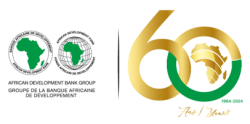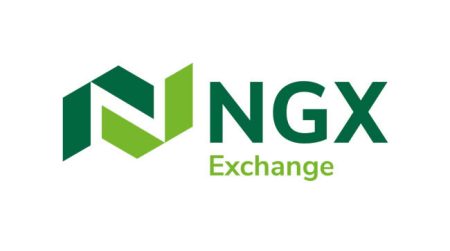By Yemie Adeoye
To ensure that indigenous operators become more relevant in the oil and gas sector, stakeholders have called for increased participation through acquisition of more marginal fields both onshore and offshore.
Marginal field are those field which the President of the Federal Republic may, from time to time, identify as a marginal field, according to the Petroleum Amendment Act 1996.
Speaking at the Society for Petroleum Engineers Oloibiri (SPE) lecture series in Lagos recently, former Presidential Adviser on Petroleum Matters, Dr. Emmanuel Egbogah, said indigenous operators should take full advantage of next bidding round which may hold within the next 24 months. “A new bid round is expected within the next 24 months, recent onshore divestment by Shell opened up a plethora of upstream opportunities in Niger Delta for indigenous players. This will enlarge employment and technology development,” he said.
He urged the federal government to look into the challenges that may hinder indigenous operators from having equal opportunity to excel. According to him, the challenges include financial support, lack of relevant technical know-how, political factors, low reserves, and low productivity with low human capacity.
He said militancy also prohibited marginal field operators to produce specific technical imperative to development of oil fields which is absent presently in the industry. Marginal operators are allowed to get a technical partner who will provide fund and technology to explore the fields.
Paragraph 16A of the amended Petroleum Act reads as follows:
16A. (1) The holder of an oil mining lease may, with the consent of and on such terms and conditions as may be approved by the President, farm-out any marginal field which lies within the leased area.
(2) The President may cause the farm-out of a marginal field if the marginal field has been left unattended for a period of not less than 10 years from the date of the first discovery of the marginal field.
The marginal fields programme was introduced to encourage indigenous participation in the oil industry and also to increase government’s take on undeveloped acreages. The programme was developed to discourage continuous holding of undeveloped fields by International Oil Companies (IOCs). Thus, the creation of marginal fields was to reduce the rates of abandonment of depleting fields and assure the government’s take in acreages that would otherwise have become unproductive.
There are over 250 marginal fields in Nigeria with 2.3 billion reserves. Economically, it is generally considered as an oil field that can be developed with marginal profits. Reasons for non development of marginal fields are funds, non underlying reserves, productivity and unattractive consequent economies, field size and reserves. Type of crude produced, location of the field and technology required for development. About 31 marginal fields have been awarded to indigenous operators and over 60 per cent are onshore.
The nature of title of marginal fields can be likened to a sub lease in which there is a head lease between the government as lessor and the OML holder as lessee on the one hand and a sub lease between the OML holder and a marginal field holder on the other hand. Generally, a lease is a contract between parties which grants exclusive possession of land or part of it to hold for a term of years. A sublease like any other lease also confers interest in land which must be in accordance with the terms of the head lease.
Meanwhile, the Managing Director, Chief Executive Officer, Seplat Petroleum Development Company, Engr Austin Avuru, commended the IOCs that initiated and pioneered the marginal oil fields, especially Shell Petroleum and Chevron Nigeria. He said initially when Shell began divestment in some of these fields, most operators who had the foresight began with little fields which has as low as 500 barrels per day and later developed to 1000 barrels per day. “All those who enter the fields were first doing 500 barrels per day and are now successful but those who rushed for 10,000 barrels per day marginal fields have not been successful today,” he said.
“When we talked of marginal fields, we are talking of companies that are satisfied with small production. All those who rushed down to Europe looking for partners spent three to four years to get one while we are producing on regular basis with indigenous capacity. When Shell made the first divestment, most operators did not take advantage of these marginal fields, but our success had made them to pick interest in subsequent divestment exercise. This led to much controversies and the Nigerian National Petroleum Corporation (NNPC) insisted it must play a major role in exploration activities which also led to media debate. Where are we going with this? Why did NNPC sees marginal field operators as being hostile?”



